From 15 Million Acres to 1 Million: How Black People Lost Their Land
Share
Explore Our Galleries
Breaking News!
Today's news and culture by Black and other reporters in the Black and mainstream media.
Ways to Support ABHM?
By David Love, atlantablackstar.com
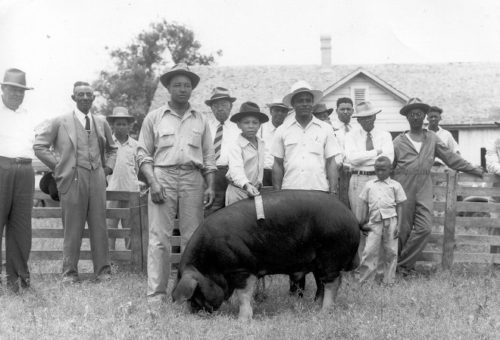 At its height, Black land ownership was impressive. At the turn of the 20th century, formerly enslaved Black people and their heirs owned 15 million acres of land, primarily in the South, mostly used for farming. In 1920, the 925,000 African-American farms represented 14 percent of the farms in America.
At its height, Black land ownership was impressive. At the turn of the 20th century, formerly enslaved Black people and their heirs owned 15 million acres of land, primarily in the South, mostly used for farming. In 1920, the 925,000 African-American farms represented 14 percent of the farms in America.
Sadly, things turned for the worse, as 600,000 Black farmers were forced off their land with only 45,000 Black farms remaining in 1975. Now, Black folks are only 1 percent of rural landowners in the U. S., and under 2 percent of farmers. Of the 1 billion acres of arable land in America, Black people today own a little more than 1 million acres, according to AP….
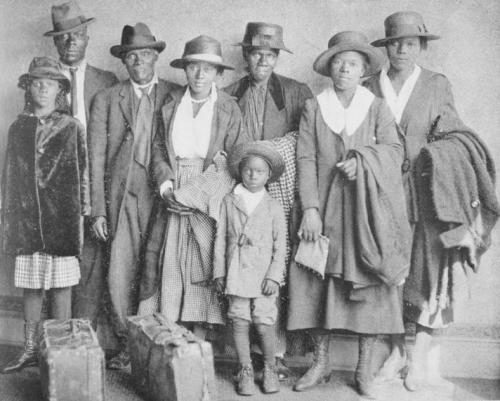
In the Great Migration, thousands of African American families left the South and migrated to the North, East, and West of the country.
Over the years, Black people have lost their land through a number of circumstances, including government action, deception and a reign of domestic terror in the South that forced Black people from their homes through threats of violence and lynching. That terror and economic exploitation precipitated the Great Migration….
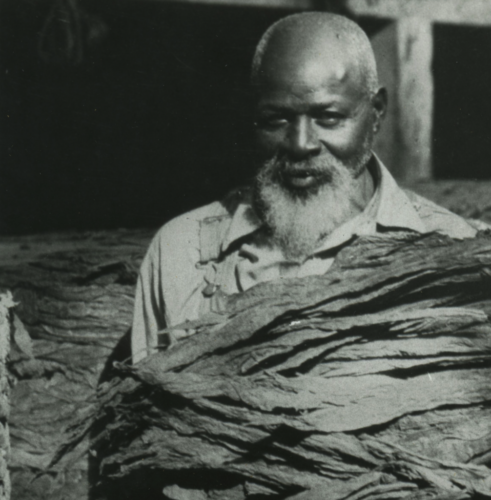 How we lost the land is an untold story. An investigation by AP documented the process by which people were tricked or intimated out of their property. In this study of 107 land takings in 13 Southern and border states, 406 landowners lost over 24,000 acres of farm and timber land and 85 properties such as city lots and stores. The property, which today is owned by white people and corporations, is valued in the tens of millions of dollars. In recent years groups such as the Federation of Southern Cooperatives in Atlanta and the Land Loss Prevention Project in Durham, N. C. receive new reports of land takings on a regular basis while the Penn Center in St. Helena Island, S. C. has gathered 2,000 such cases. One story from the AP provides the context by which families lost their land to thievery and violence:
How we lost the land is an untold story. An investigation by AP documented the process by which people were tricked or intimated out of their property. In this study of 107 land takings in 13 Southern and border states, 406 landowners lost over 24,000 acres of farm and timber land and 85 properties such as city lots and stores. The property, which today is owned by white people and corporations, is valued in the tens of millions of dollars. In recent years groups such as the Federation of Southern Cooperatives in Atlanta and the Land Loss Prevention Project in Durham, N. C. receive new reports of land takings on a regular basis while the Penn Center in St. Helena Island, S. C. has gathered 2,000 such cases. One story from the AP provides the context by which families lost their land to thievery and violence:
After midnight on Oct. 4, 1908, 50 hooded white men surrounded the home of a black farmer in Hickman, KY, and ordered him to come out for a whipping. When David Walker refused and shot at them instead, the mob poured coal oil on his house and set it afire.… Walker ran out the front door, followed by four screaming children and his wife, carrying a baby in her arms. The mob shot them all, wounding three children and killing the others. Walker’s oldest son never escaped the burning house. No one was ever charged with the killings, and the surviving children were deprived of the farm their father died defending. Land records show that Walker’s 2 1/2 -acre farm was simply folded into the property of a white neighbor. The neighbor soon sold it to another man, whose daughter owns the undeveloped land today….
“It’s more about land as a home, it’s about economics and culture, all rolled up into one,” Jennie L. Stephens, executive director of the Center for Heirs’ Property Preservation said. Based in Charleston, S. C. the organization serves 15 counties in the Palmetto State. Including the Lowcountry, where Gullah-Geechee have struggled to hold onto their ancestral homelands on the Sea Islands in the face of development, gentrification and corporate intrusion. For generations, families have had the land procured through the blood sweat and tears of their ancestors, until many are forced to sell it.
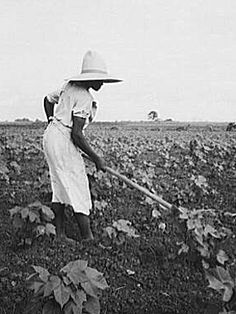 The Center promotes sustainable land use to help historically underserved families realize the wealth-building asset of their land and prevents heirs’ property owners from losing their land·. Under the concept of heirs’ property, a form of communal land ownership found among rural communities of the South, both Black and white, numerous heirs of the original landowner are co-owners of the land, each owning a percentage share….
The Center promotes sustainable land use to help historically underserved families realize the wealth-building asset of their land and prevents heirs’ property owners from losing their land·. Under the concept of heirs’ property, a form of communal land ownership found among rural communities of the South, both Black and white, numerous heirs of the original landowner are co-owners of the land, each owning a percentage share….
The problem arises when corporations and developers entice family members to sell their share, becoming family members themselves and forcing a partition sale, a court-mandated auction sale of the land, all without notice to the other family members….
Jennie Stephens noted that while the issue of land loss is not new, it is receiving more attention these days. Indigenous Black landowners now find themselves grappling with the same land loss issues facing Native Americans. Once thought to be the most unproductive land, now everyone wants to live in the Sea Islands….
Hilton Head Island is a most salient example of once-predominantly Black-owned land that is now in majority white hands, due in no small measure to partition sales. Beaufort County, S. C., which includes Hilton Head, was 57 percent Black in 1950 but is now 77 percent white, as The Nation reported, with Black farmers falling from half of all farmers throughout the state to only 7 percent today….
The land loss these Black populations are experiencing is a gentrification issue transposed onto rural communities, as Lynn noted. While it is an economic issue, it is also an environmental one, as Stephens emphasized: “Once the land is lost, it is not left green anymore. Now, you see these condos with asphalt…
There is some relief in sight for heirs’ property owners in South Carolina, in what could signal a trend for the rest of the South. In 2016, then-Gov. Nikki Haley signed the Clementa C. Pinckney Uniform Partition of Heirs’ Property Act, named in honor of the state lawmaker among the eight murdered in an act of racial terror at Charleston’s Emanuel AME Church in 2015. The law allows co-tenants to buy out the shares of land speculators — making it difficult for land to be sold through the courts and allows judges to consider factors such as the sentimental, ancestral and fair market value of the property….
“If you can get people to maximize their potential through land, they don’t need a handout,” Jennie Stephens said, underscoring the importance of owning the land and building family wealth. “It is time for your child to go off to college. Maybe you have had trees growing for a while. One person who has clear title, they had the trees cut off their land and could send their children to college without student loans. That money was not a loss to their family, literally that wealth was passed to their family,” she added. “That’s a very simple example of wealth building, the fact these children can come out of college without a student loan.
Read more Breaking News here.
Read the full article here.
Comments Are Welcome
Note: We moderate submissions in order to create a space for meaningful dialogue, a space where museum visitors – adults and youth –– can exchange informed, thoughtful, and relevant comments that add value to our exhibits.
Racial slurs, personal attacks, obscenity, profanity, and SHOUTING do not meet the above standard. Such comments are posted in the exhibit Hateful Speech. Commercial promotions, impersonations, and incoherent comments likewise fail to meet our goals, so will not be posted. Submissions longer than 120 words will be shortened.
See our full Comments Policy here.
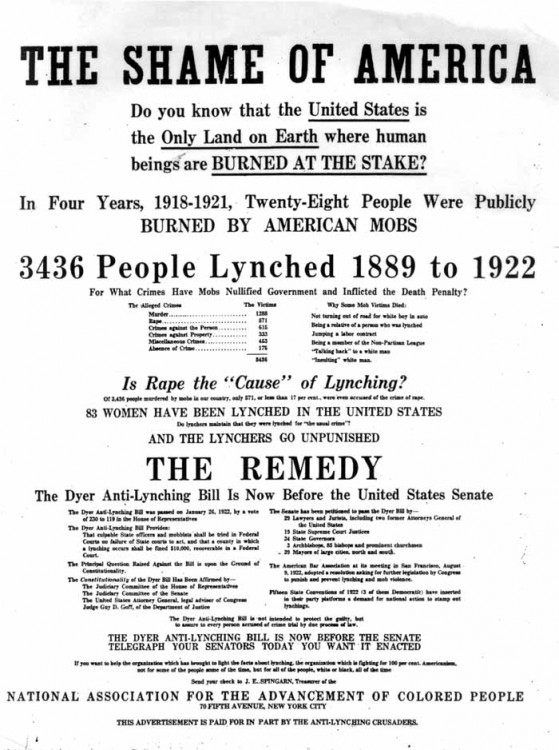
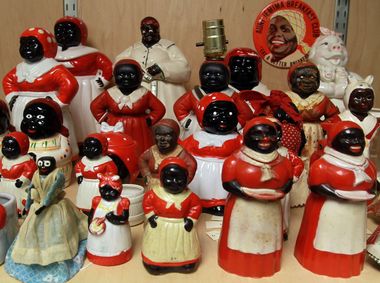
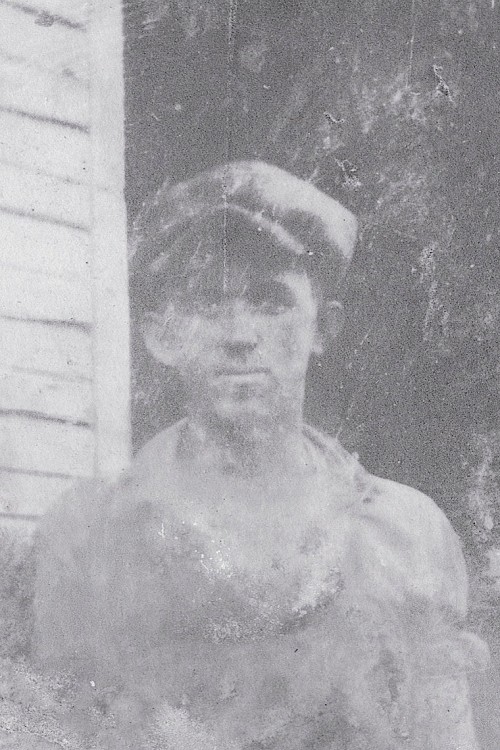
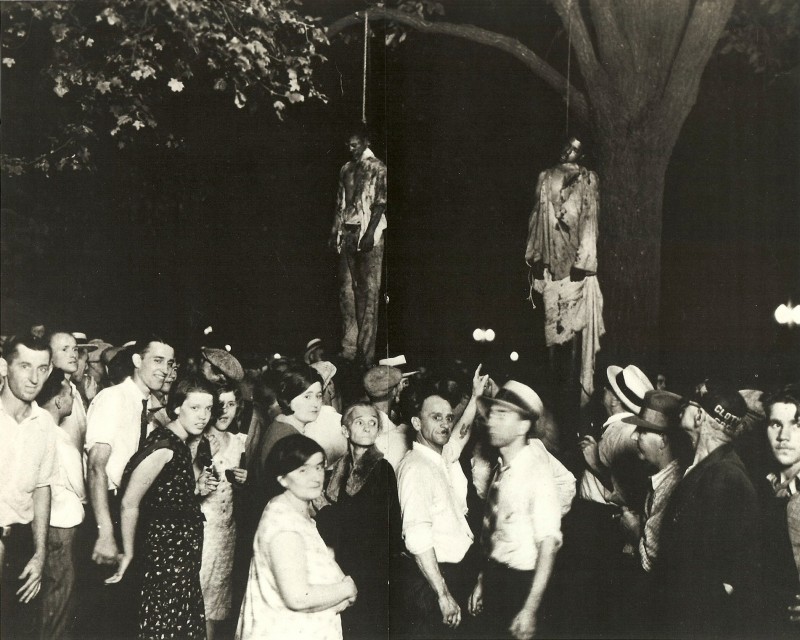
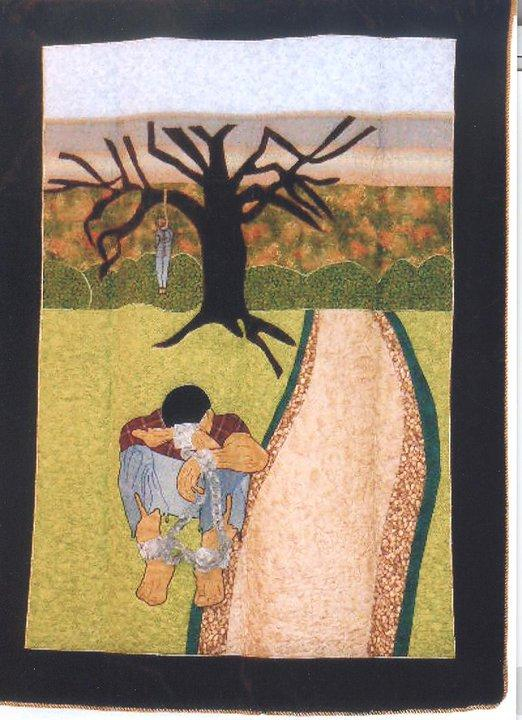

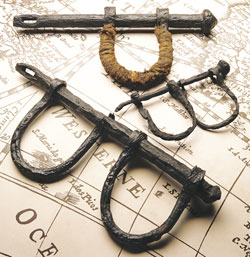


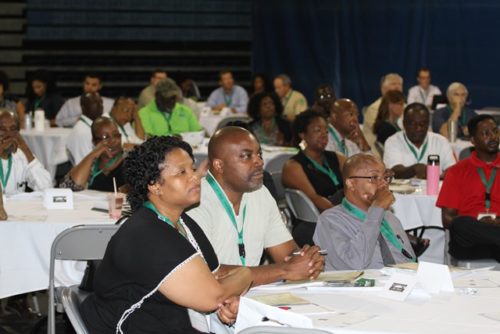
First and far mosted, God see all that the white ppl have done to black ppl, and o promise judgement will come
[…] individuals and their heirs owned 15 million acres of largely Southern farmland, in accordance to America’s Black Holocaust Museum and federal agricultural census […]
[…] land ownership in the US was at an all-time high. Hundreds of thousands of Black Americans owned 15 million acres of land. But the gains of the half century after emancipation were reversed in the following 50 […]
[…] land ownership in the US was at an all-time high. Hundreds of thousands of Black Americans owned 15 million acres of land. But the gains of the half century after emancipation were reversed in the following 50 […]
[…] land ownership in the US was at an all-time high. Hundreds of thousands of Black Americans owned 15 million acres of land. But the gains of the half century after emancipation were reversed in the following 50 […]
[…] United States population and own about 1% of the land. Black land loss is estimated to be about 14 million acres in the last 100 years due in part to legal obscurities around title to inherited property, loan denial to […]
[…] percent of their 19 million acres of land, decimating the number of Black-owned farms by more than 95 percent: from 925,000 in 1920 to a meagre 45,000 by 1975. The compounded value of Black land loss in the […]
[…] the CLT model was developed by Civil Rights leaders in Georgia in the late 1960s as a response to Black land loss and racist lending practices in the rural south, with founding members including late Senator John […]